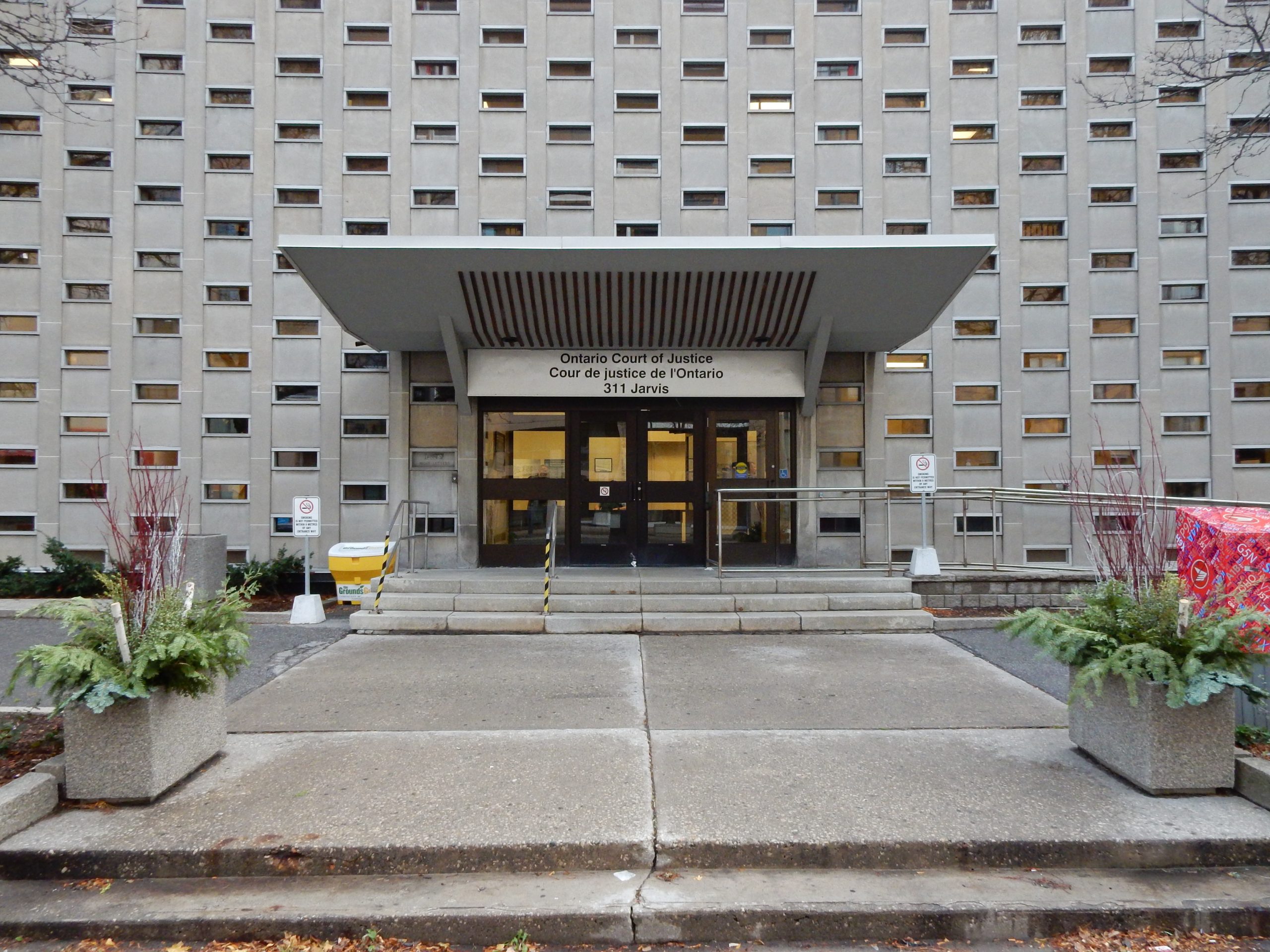 When you think about medical malpractice lawsuits, a botched surgery or missed diagnosis are likely the first things that come to mind. The following case involves a less common situation involving purported medical malpractice involving physical therapy post-surgery. It analyzes the relationship between a doctor and a physical therapist and whether a doctor can be vicariously liable for the actions of a physical therapist.
When you think about medical malpractice lawsuits, a botched surgery or missed diagnosis are likely the first things that come to mind. The following case involves a less common situation involving purported medical malpractice involving physical therapy post-surgery. It analyzes the relationship between a doctor and a physical therapist and whether a doctor can be vicariously liable for the actions of a physical therapist.
Jean McKeogh underwent a total shoulder arthroplasty, which Dr. Michael O’Brien performed. Following the surgery, Dr. O’Brien saw McKeogh for office visits at a Tulane University clinic. Part of McKeogh’s follow-up care involved physical therapy, which was located in the same building as Dr. O’Brien’s offices. McKeogh went to physical therapy but subsequently told Dr. O’Brien she thought she had been injured during it. A CT scan showed she had fractured her elbow. McKeough then had a frozen shoulder and had to have a second surgery.
As a result of the injury and alleged negligence, McKeough requested a medical review panel. In her complaint, she claimed Dr. O’Brien had not used reasonable care with respect to his post-surgery care for her, including with respect to the physical therapy he prescribed. The medical review panel determined Robin Silverman, the physical therapist, had not satisfied the applicable standard of care. However, the medical review panel found there was no evidence to support a finding that Dr. Brien and Tulane had not met the applicable standard of care.
McKeough then filed a lawsuit against Dr. O’Brien, Tulane, and others. She repeated her allegations from the medical review panel. McKeough also claimed Dr. O’Brian and Tulane were vicariously liable for the physical therapist’s actions. Dr. O’Brien and Tulane filed a summary judgment motion. They argued McKeogh did not have an expert, as necessary to establish there had been medical malpractice, and had not established Dr. O’Brien and the physical therapists had an employee-employe relationship such that Dr. O’Brien could be vicariously liable for the physical therapist’s actions. The trial court granted Dr. O’Brien and Tulane’s summary judgment motion. The court explained under La. C.C. art. 2320, an employer can only be liable for its employee’s acts, not a third party’s acts. McKeough appealed.
Under Marchetta v. CPC of Louisiana, Inc., in medical malpractice lawsuits, the most important factor to determine if there is an employer-employee relationship is whether the purported employer can control the employee’s work. Here, Dr. O’Brien’s deposition testimony and other evidence did not indicate there was an employee-employer relationship between him and the physical therapist. For example, Dr. O’Brien testified he did not have supervision of the physical therapy and did not have the authority to direct or dismiss a physical therapist employed by third parties. The only “control” Dr. O’Brien had was the ability to recommend patients to a physical therapy center. Therefore, the appellate court affirmed the trial court’s grant of Dr. O’Brien’s summary judgment motion because there was no evidence Dr. O’Brien could supervise or control the physical therapist such that he could be vicariously liable for the physical therapist’s actions.
In medical settings, there are often multiple care providers involved. If you are considering filing a medical malpractice lawsuit, it is important to consult with an experienced medical malpractice attorney about the roles of the involved medical professionals to determine who to file claims against in your lawsuit.
Additional Sources: Jean Montedonico McKeogh v. Healthcare Indemnity Inc., University Healthcare Systems, LC, Robin A. Silverman, The Administrators of the Tulane Education Fund, and Michael O’Brien
Article Written By Berniard Law Firm
Additional Berniard Law Firm Article on Vicarious Liability: Vicarious Liability Doesn’t Always Extend Liability for an Employees Actions
 Insurance Dispute Lawyer Blog
Insurance Dispute Lawyer Blog

